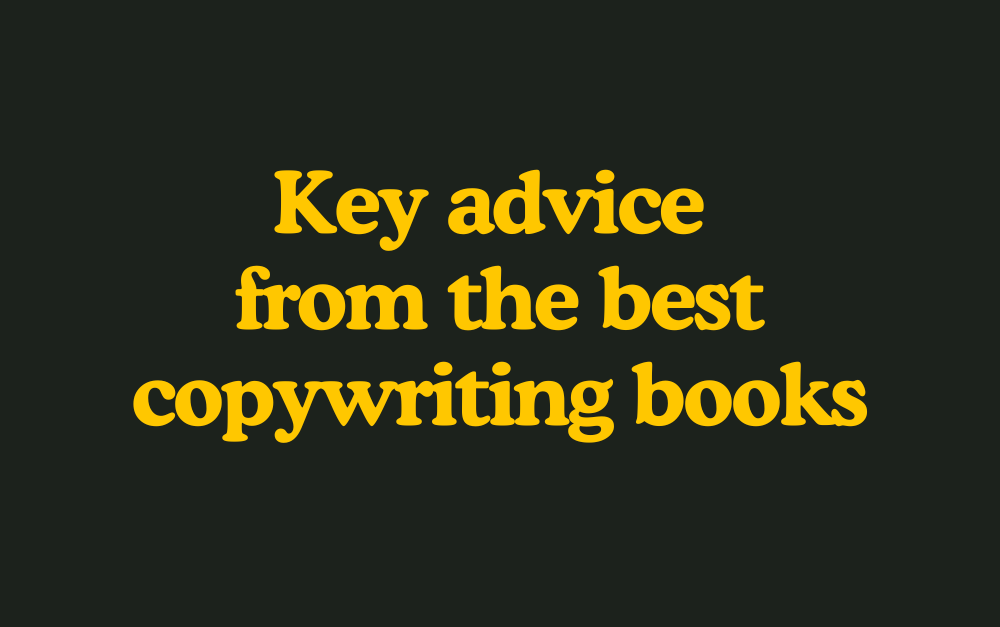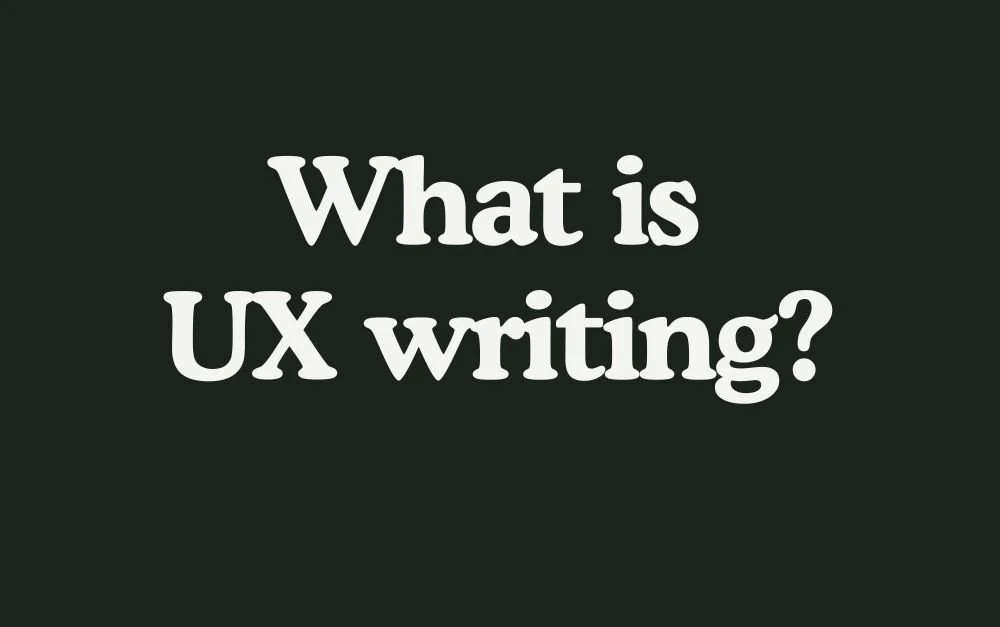Find your dream job by letting go of the title
The job market is rough at the moment. For everyone.
But there is a tendency for people to act as if their own discipline is uniquely badly affected.
Software developers feel like the wave of tech layoffs that kicked off during 2023 have disproportionately punished them.
Designers, having got their seat at the table, found the table walking away from them again.
Product people were sent into full-blown existential crisis after Airbnb announced they were moving away from having product managers.
On LinkedIn, I saw an experienced barista team leader bemoaning their inability to find a new barista job.
The barista had the best idea. After their initial job hunt failed, they focused instead on their transferable skills and moved into a different sector.
I feel incredibly lucky to have found a job that lets me make a step up in my career, despite the brutal nature of the current climate.
If I was precious about my job title, I might never have found it.
Having spent the past five years with ‘user experience’ in my job title, I might have thought I had left the world of content design behind.
But when I saw a LinkedIn post promoting a lead content designer role at the Scottish Government, something told me to look beyond the job title and investigate it further.
I have never had the words ‘content design’ in my job title. I have never even had the word “design” in my job title. Although arguably some of my earlier roles — editorial development officer, digital communications officer, web editor — were fulfilling the duties of what today we call content design, my professional identity had moved on to user research and user experience consultancy.
But we shouldn’t do a job for the title. We should do it for the mission, and because it’s the right fit for our skills.
Interestingly, when I looked into the lead content designer opportunity, I quickly realised that it was really an information architecture opportunity. I thought about it as a step sideways with a little step up — a knight’s move.
I found myself feeling excited at the prospect of specialising further in a discipline that runs like a thread through all my previous roles. It’s all about making it easier for people find the information they need. It sits neatly across user experience as well as content. If there is one thing I have worked with in every job, it is information architecture.
Now, I think of it this way:
Content — or information — is what I do. Improving the user experience is why I do it.
But I might never have come to this realisation if I was concerned about my job title.
There is a deep irony in the fact that my information architecture job is not properly described by the label that is attached to it. Already in my first few weeks I have been involved in discussions with colleagues in government departments across the UK where we are asking ourselves, what should we call our work?
Luckily for me, my inclination to improve content for users doesn’t extend to doing it for my own ego.
I’m not attached to being called a content designer or an information architect or whatever. But the job that comes with it, and the skills I will deepen through doing it, greatly excites me.
I feel like many people are out there chasing a particular job title.
People who dream of being known as (for example) a user experience designer or a user researcher, instead of targeting the purpose that lies beyond the title.
I saw one product person musing that user researchers who felt that all their jobs had disappeared could be equally valuable working in product discovery. They might not identify with the job title, but the role may be mostly the same.
That’s why, a few years ago, I started talking about human-centred approaches. I found debates about who does what tedious because the most important thing is not your job title, but what you do.
So in these tough times, get creative in your job hunt. You might feel like all the jobs in your discipline have disappeared. But if you’re prepared to let go of your dream job title, and instead focus on how you can achieve your dream purpose, you might still find your dream job.
====
Now that you’ve read this, you may also be interested in



